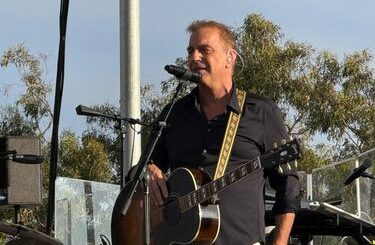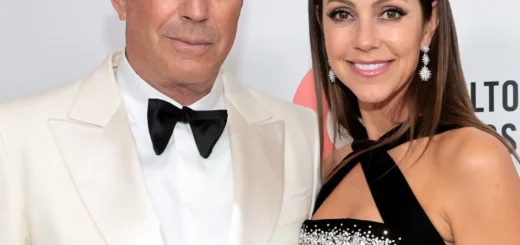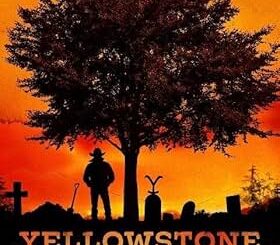More Bad News for Kevin Costner’s ‘Horizon: An American Saga’ Western
A Western Revival on the Horizon—But Trouble Looms for Costner’s Epic
Lately, I’ve been genuinely excited about what feels like a Western revival in the making. Kevin Costner’s ambitious Horizon: An American Saga tetralogy looks incredible based on the trailers.Viggo Mortensen’s The Dead Don’t Hurt—which he wrote, directed, stars in, and even composed the score for—seems less grand in scale but intensely personal and emotionally charged. Meanwhile, Taylor Sheridan continues to deliver with projects like 1883, which, in my view, dives far deeper into the heart of the Western genre than the more commercially popular Yellowstone.
All we need now is a new series in the spirit of Deadwood—and maybe, just maybe, one last Clint Eastwood-directed Western, since Unforgiven remains a high point in the genre. But I digress.
Here’s where the good news runs into some trouble. For all the talk of a Western resurgence, the final product still needs to work—it must engage audiences, impress critics, and perform at the box office. Unfortunately, the first installment of Costner’s four-part saga debuted at the Cannes Film Festival to a mostly negative reception.
When I checked early reviews Monday morning, Horizon was sitting at a bleak 17% on Rotten Tomatoes (with just six reviews). By that evening, the score had climbed to 29% with 14 reviews—a modest improvement, but still a troubling sign.
Of course, that number will shift as more critics weigh in and general audiences see the film when it releases on June 28 (with Part 2 following in August). But this is hardly the launch Costner would’ve hoped for, especially given his deep personal investment in the project. I wanted this to be his next Dances With Wolves or even Open Range. Instead, it’s starting to look more like another Wyatt Earp—a beautiful but bloated misfire.
To be fair, critical consensus isn’t everything. That said, some of the early reviews are brutal. One critic writes that a film “needs to have a plot, a bit of credible characterisation, and a structure that preferably includes a beginning, middle and end. Horizon doesn’t have any of those.”
They go on: “The strands aren’t tied together, but even taken individually, each section is dull and plodding, full of stultifyingly slow dialogue scenes that spell out the issues without establishing characters as real people.”
This sentiment is echoed across multiple reviews. Critics argue that Horizon tries to do too much—juggling too many characters and subplots—and ends up doing none of them particularly well. The result feels like the setup to a mini-series rather than a standalone film. As one reviewer put it: “I’m not sure why Costner didn’t just make this a television project, which it clearly wants to be.”
She adds, “Maybe he wanted to one-up Yellowstone, the show he famously exited. But as a cinematic experience, Horizon is aggravating in multiple ways. If you’re not frustrated by its outdated politics, you’ll be annoyed by how much of it is just table-setting.”
Still, not all the feedback is negative.
Rory O’Connor of The Film Stage calls Horizon “appealingly sincere,” acknowledging that while it may lack cinematic urgency, it’s not without merit. He writes:
“Everything that emerged in the lead-up to Horizon—the project’s scale, its runtime (181 minutes), the colon and hyphen in its title—has been pointing to one word; but calling something ‘epic’ has less to do with quantity than some movies would like us to think.”
He contrasts the film with Dances With Wolves, noting that Horizon rarely slows down to reflect or absorb its vast landscapes. Still, he finds moments of wonder:
“Costner hasn’t forgotten where to point a camera, and outside all the table-setting, Horizon has moments designed to astonish.”
Ultimately, the main criticism boils down to this: the film doesn’t stand on its own. With so many threads left hanging and characters underdeveloped, Horizon feels more like Episode 1 of a sprawling series than a complete movie experience. While this might not be a dealbreaker—especially with Part 2 arriving in August—it does raise questions about whether the full tetralogy will ever see completion, especially if these first installments fail to connect with audiences.
And then there’s the other elephant in the room: the runtime. At just over three hours, Horizon asks a lot from viewers—especially when it’s only the first part of a four-part story. This isn’t Lord of the Rings, backed by a massive fanbase and built-in mythology. It’s a hard sell for casual audiences.
As someone rooting for this genre to thrive again, I sincerely hope Horizon finds its stride in the upcoming chapters. But right now, the early signs are troubling.


